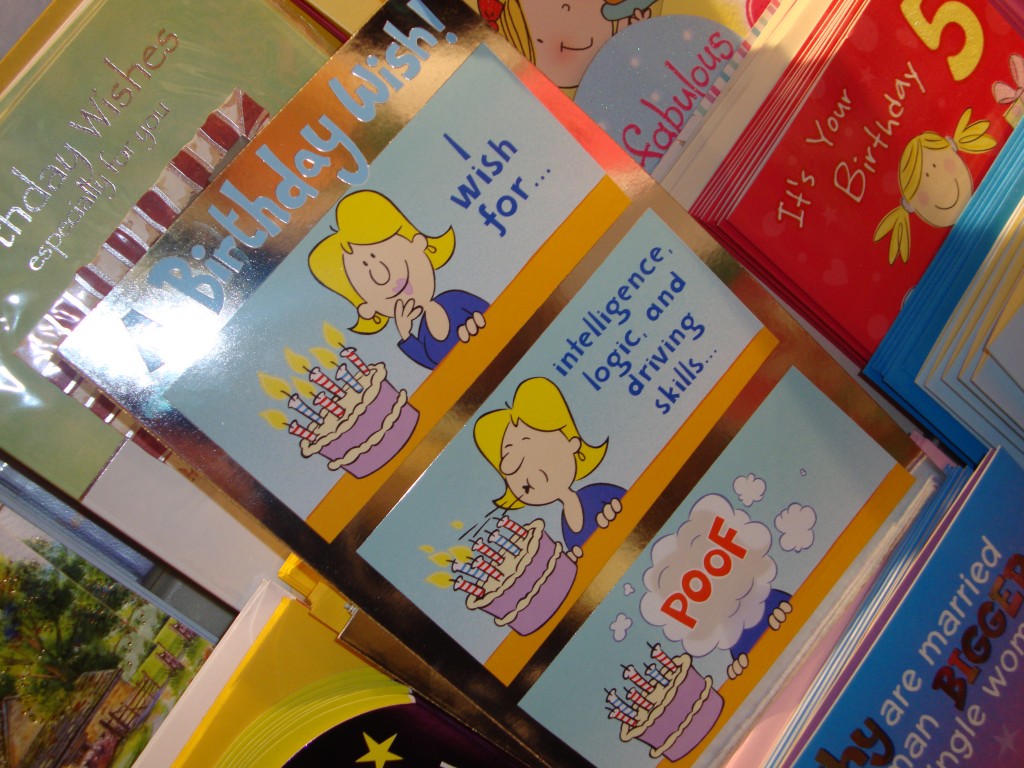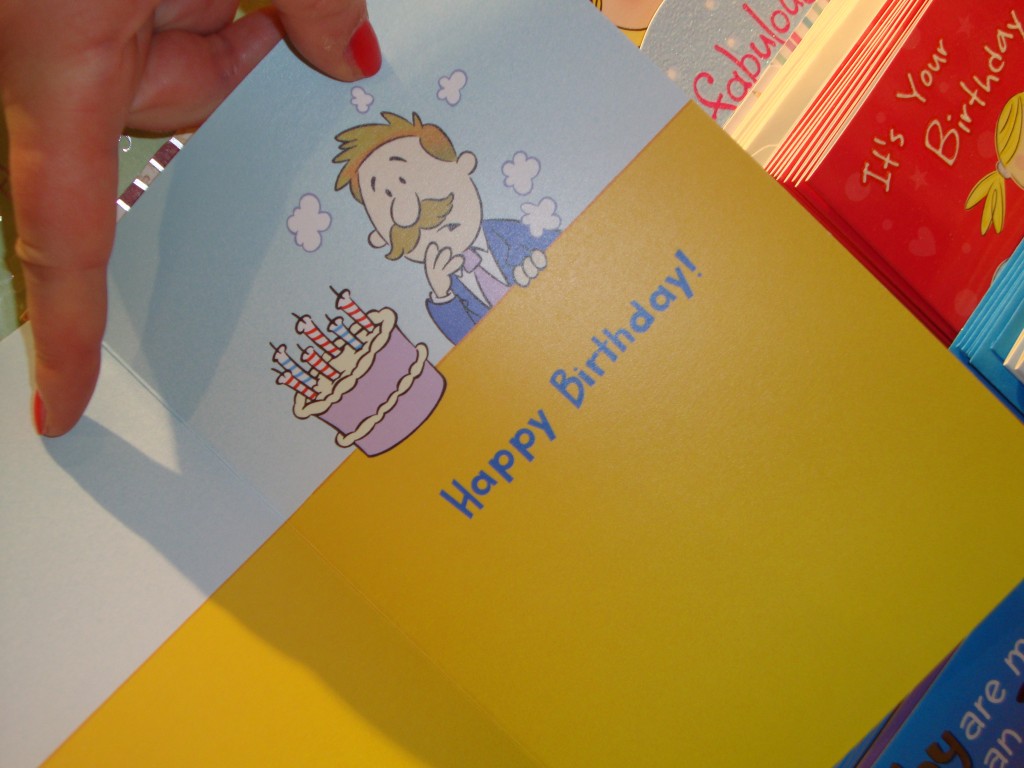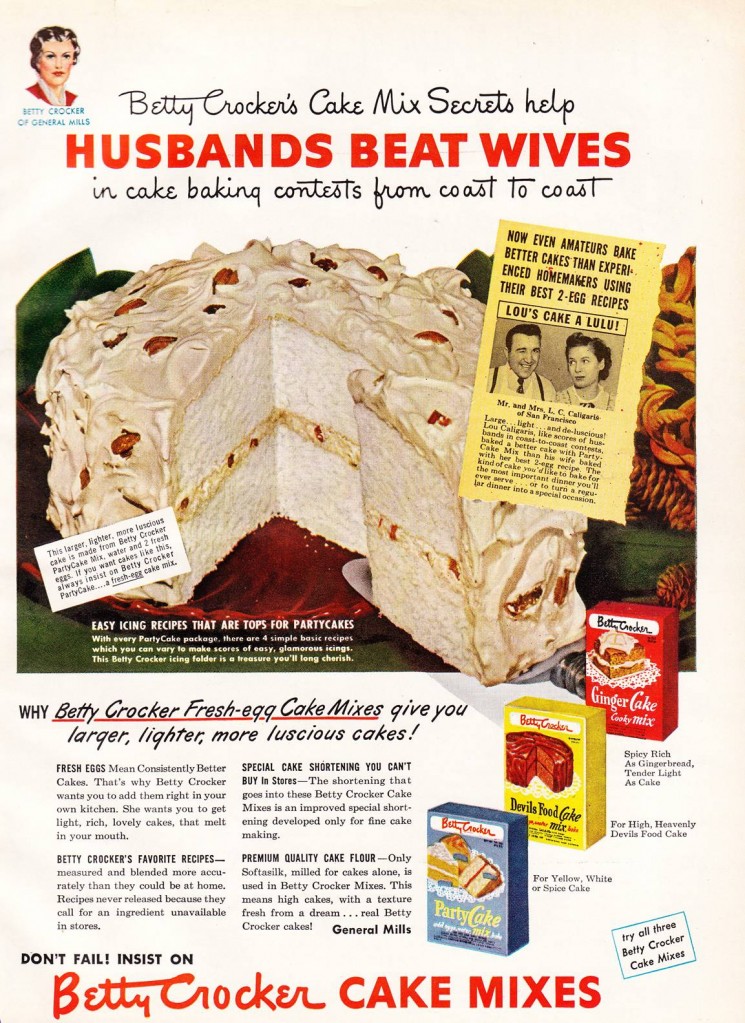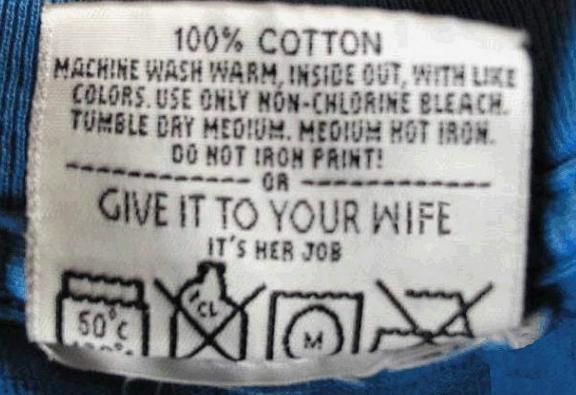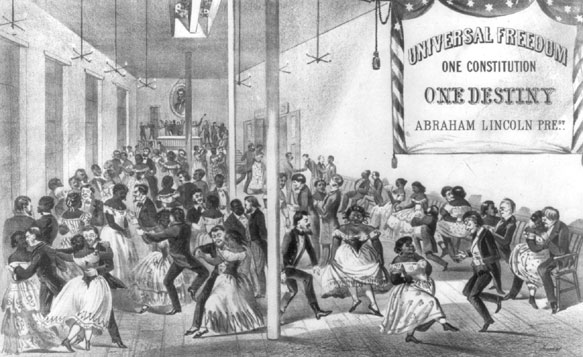As Anthropologist Peggy Sanday has shown, societies can be more or less rape-free or rape-prone. A rape-prone society is characterized by a rape culture, one in which women’s desires are unimportant and emotional, psychological, and physical sexual coercion is normative. In the U.S., pressuring or convincing women into sex is, in fact, well-tolerated. So goes the saying, ” ‘No’ doesn’t mean ‘no’; it’s just the beginning of negotiations.”
Claire B. and Sylvia M. sent in matching sartorial testaments to the dismissal of the requirement that women consent to sex. The first, on a website called teesbox (trigger warning), is a t-shirt that reads “I heart drunk girls.” In case you don’t get the point, along with the shirt are photos of drunken or incapacitated women and captions like, “She’ll let you do anything you want to her, any hole, any time (as long as it’s while she’s still wasted).”
This second t-shirt (text below) is sold on Amazon.com:
two beers $7
three margaritas $15
four jello shots $20
Taking home the girl who
drank all of the above…
Priceless
Lisa Wade, PhD is an Associate Professor at Tulane University. She is the author of American Hookup, a book about college sexual culture; a textbook about gender; and a forthcoming introductory text: Terrible Magnificent Sociology. You can follow her on Twitter and Instagram.




